-
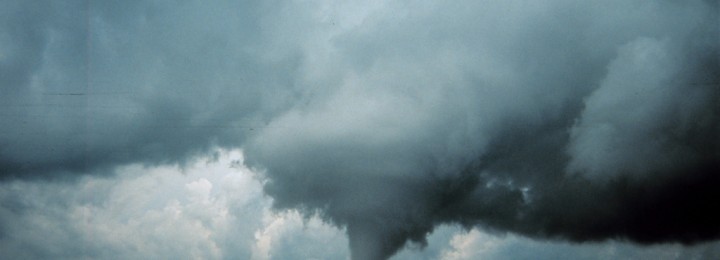
For the first time since official records began in 1950, not a single tornado was reported in the Southeast in the month of March. In fact, there was very little severe weather across the entire region until the last day of the month, when strong winds and hail hit several areas in the region. You…
-

The State Climate Office of North Carolina released their climate summary for March earlier today. You can find it at https://nc-climate.ncsu.edu/climateblog?id=129&h=5666e5c1.
Posted in: Climate summaries -

The Climate Prediction Applications Science Workshop presentations from last week’s meeting in New Mexico are now available as PDF files online. You can see the agenda and link to the presentations at https://aces.nmsu.edu/cpasw/presentations.html. If there is not a PDF available it is because the author did not want it published. Lots of good information there on…
-
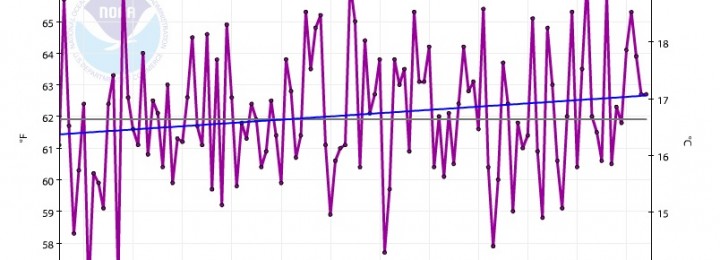
Since we’re in a new month, I thought I would show you the long-term trends in temperature and precipitation for the Southeast. Many of you remember how wet last April was and how difficult it made field work. It was one of the top five wettest on record for the Southeast. However, the trend line…
-
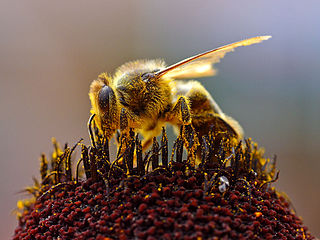
A number of scientists have warned that this could be one of the worst pollen seasons ever for parts of the country. They attribute this to a number of factors, including the high levels of carbon dioxide in the atmosphere which provide a fertilization effect on some plants and warmer temperatures and wet conditions in…
Posted in: Climate and Ag in the news -
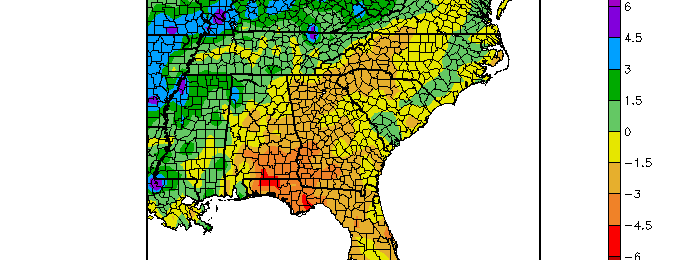
Now that March is almost over, here are the preliminary maps from the High Plains Regional Climate Center showing temperature and precipitation departures from normal. They show that March for most of the Southeast was warmer and drier than usual. The warmth allowed quick germination and growth of newly planted corn and brought out many…
Posted in: Climate summaries -
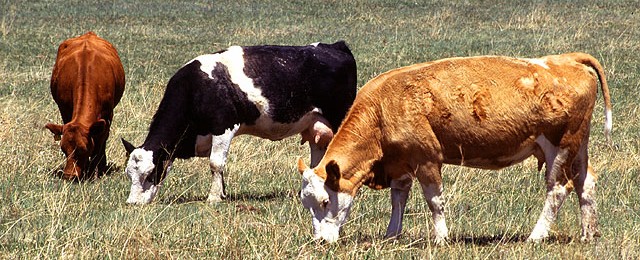
AgWeb posted an article this week on the impacts of the continuing California drought on dairies in the region. Competition for scarce water has led to fallowed crops and higher costs for irrigation. A shift to permanent crops like nut trees has also removed acreage once used to produce feed for dairy cattle. Dropping milk prices…